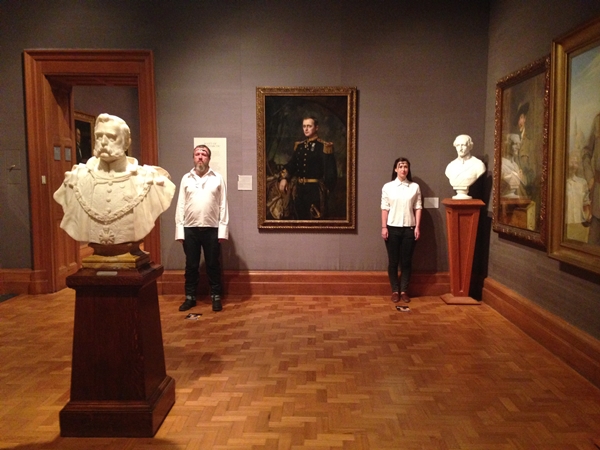Art World
Artists Call on National Portrait Gallery to Drop BP Sponsorship


Benjamin Sutton

Just as London’s National Portrait Gallery prepared to announce the winner of its annual portrait award earlier this week—a prize that is sponsored by oil giant BP, and this year went to artist Thomas Ganter for his portrait of a homeless man—a coalition of more than 200 artists, activists, and intellectuals called on the museum to end its 25-year sponsorship deal with the energy multinational.
“Twenty-five years ago, people were less clear about the extent of the threat we face in terms of climate change, and there was less understanding about the damaging role oil companies have played both in terms of historic carbon emissions and stymieing efforts to tackle the problem,” the letter reads. “As arts practitioners and those working in arts institutions, we feel that the time is right for the cultural sector to be discussing alternatives to income gained from oil sponsorship in the same way that discussions about ending tobacco sponsorship took place more than two decades ago.”
In addition to signing the open letter—which was also published by the Guardian—activists from the group Art Not Oil staged a protest performance inside the NPG. Dubbed 25 Portraits in Oil, the June 21 performance art piece involved 25 artists in white shirts and black pants scattered around the museum, with oil running down their faces.
“Any celebration of British art bearing BP’s logo is also endorsing that company’s business model which is wholly based on the destruction of a safe, liveable climate,” said artist Anna Johnson, a participant in the piece. “The National Portrait Gallery is marketing BP as socially responsible when it is one of three main companies most responsible for climate change. It’s time for public arts institutions to stop being publicity agents for Big Oil.”